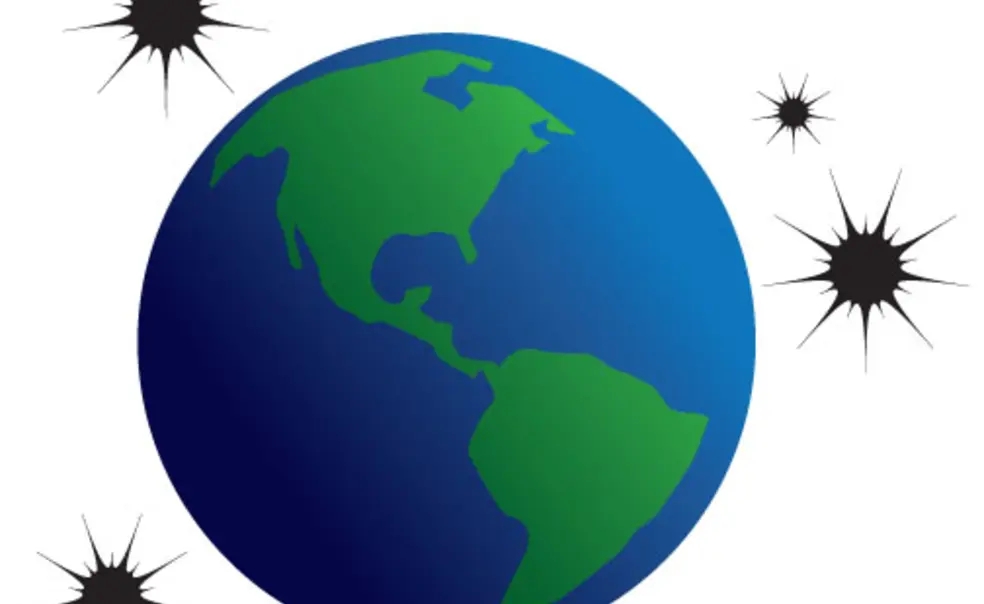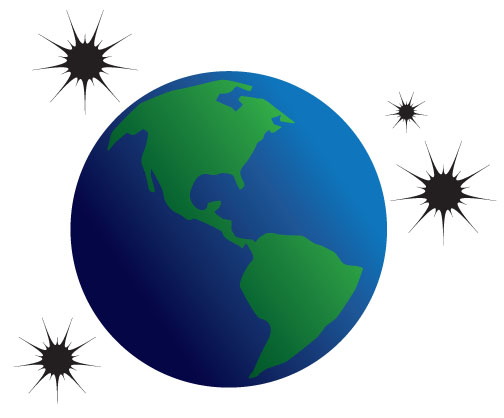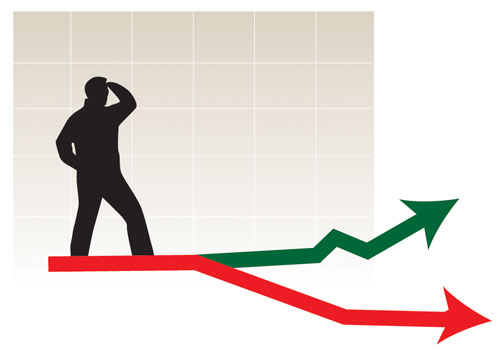FYI: Findings
Surviving a black hole? Some black holes might wander the universe undetected, but Earth has little to fear from them. That’s a finding by graduate student Yang Luo and postdoctoral fellow Shravan Hanasoge, both from Princeton’s geosciences department, and Princeton professors Frans Pretorius and Jeroen Tromp. The study simulated the effect on Earth of a collision with primordial black holes formed after the Big Bang. They found that the black holes’ encounter with Earth would trigger spherical waves that seismic detectors would register. Even so, the researchers concluded that such events would occur rarely and their effect would be similar to a magnitude 4.0 earthquake, causing minimal damage. The study appeared in the May 20 issue of The Astrophysical Journal.
Jobless recoveries forever? The aftermath of future recessions may look much like the ones in 2001 and 2007 — sluggish. That is the conclusion of a study by Princeton economics professor Mark Watson and Harvard professor James Stock. Their research, which compared the 2007–09 recession to others occurring since World War II, found that “future recessions will be deeper, and will have slower recoveries, than historically has been the case. In other words, jobless recoveries will be the norm.” The paper, “Disentangling the Channels of the 2007–2009 Recession,” was presented at the Brookings Panel on Economic Activity in March.














No responses yet